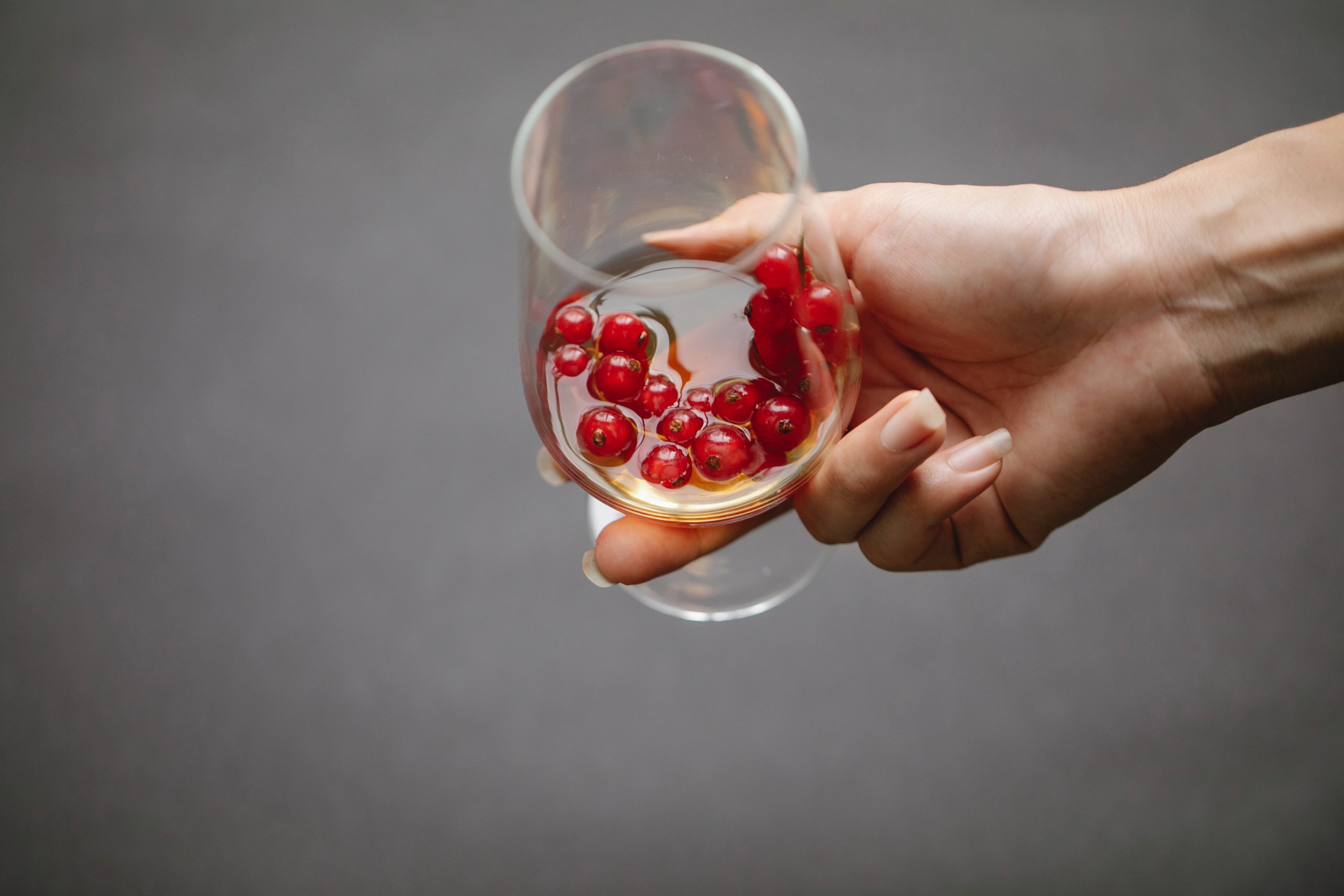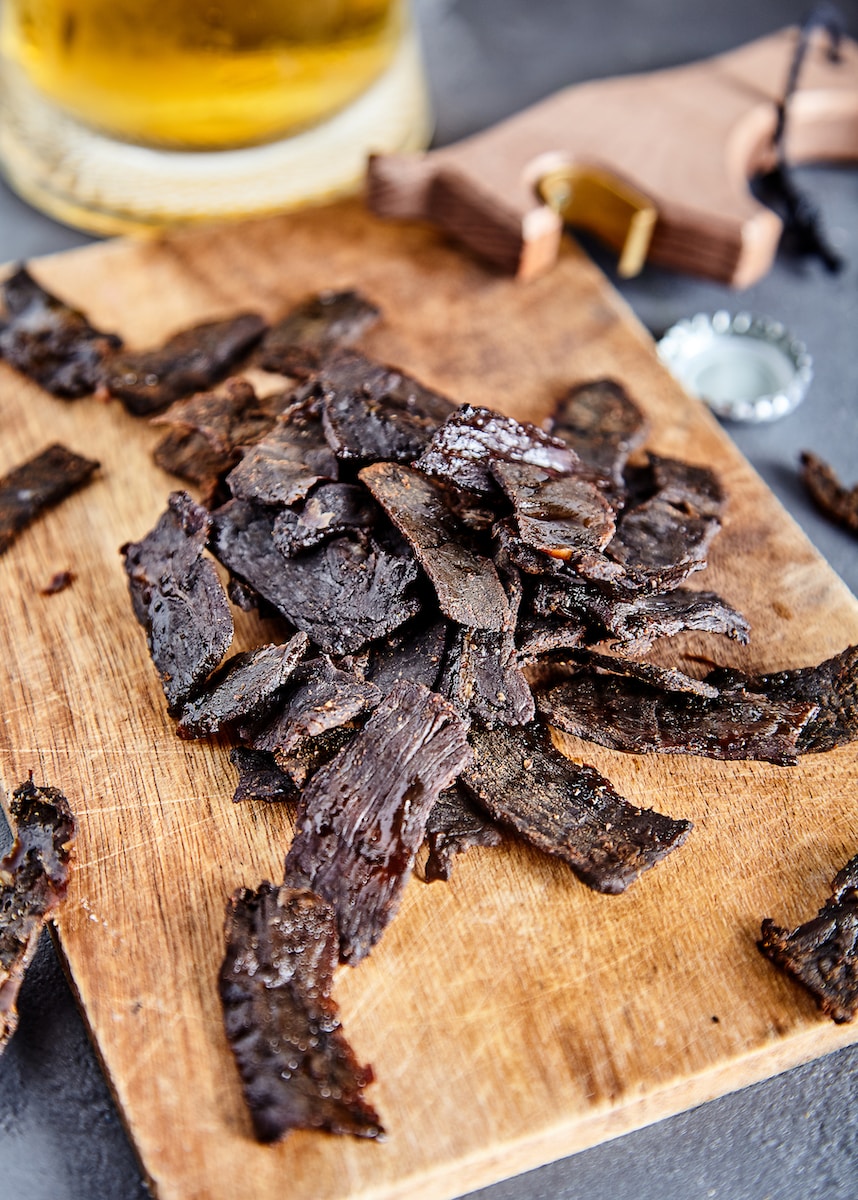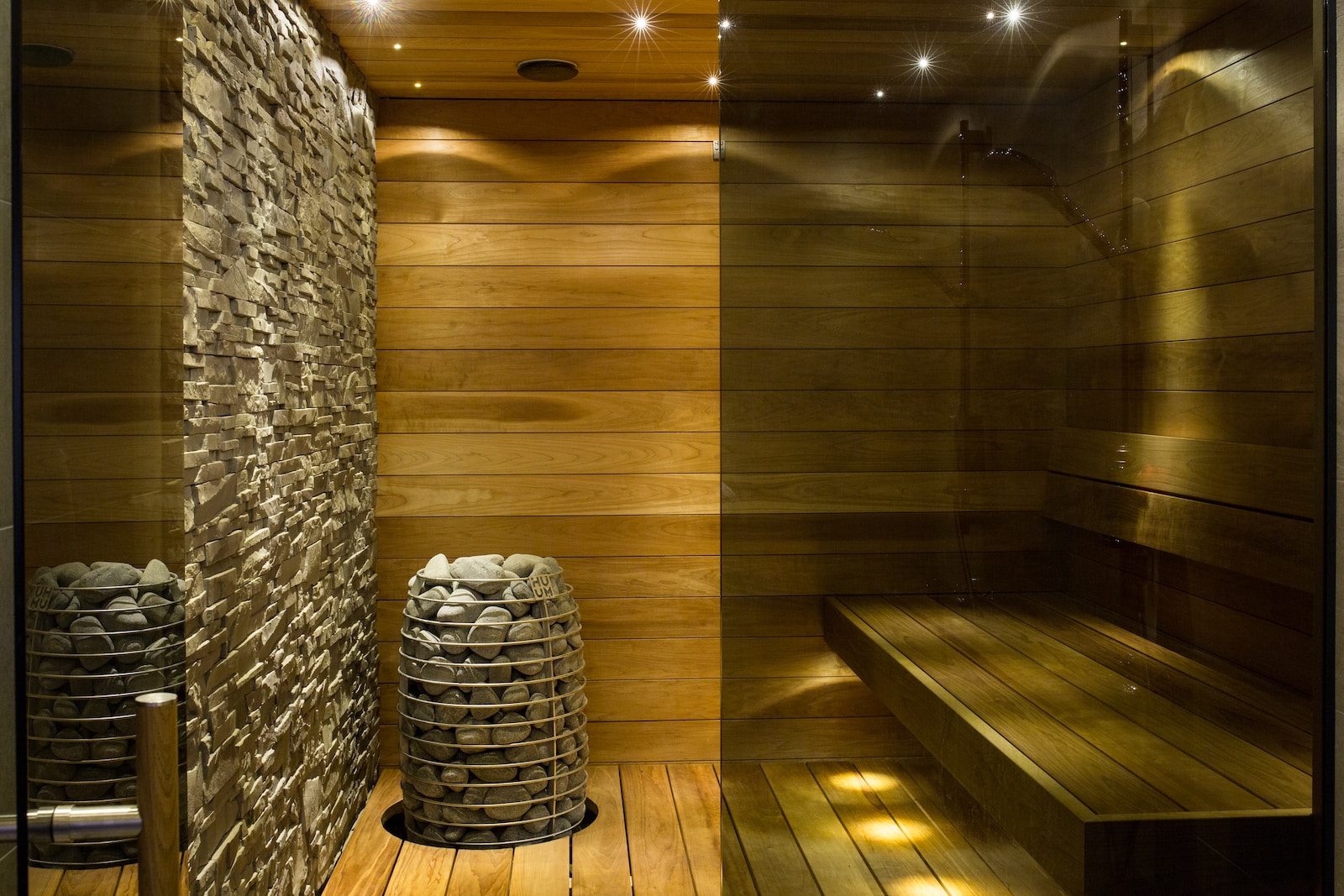Have you tried to improve the quality of your skin but have yet to see results? Getting your skin back to its youthful glow can be challenging, especially if you suffer from sensitive skin.
The good news is that there are many things you might still need to try – this article will arm you with the information you need to get your skin glowing again with six valuable tips, from starting with a simple skincare routine to managing stress levels.
Start With a Simple Routine
Complicated skincare routines can be difficult to build, and you risk irritating your skin with multiple ingredients. This is even more important if you have sensitive or acne-prone skin. So, if you’re new to skincare, one of the best things to do is start with a simple skincare routine.
Simple skincare routines involving cleansing, moisturizing, and using sunscreen and the occasional essential oil will help you save time and money and prevent the risk of allergic reactions and skin irritation. Lac Taut® Collagen Premium Luxury Skin Care Company offers a premium luxury skincare brand known for its focus on collagen-based products that you can incorporate into your simple skincare routine to achieve radiant, youthful-looking skin with minimal effort, allowing you to cut back on unnecessary products while still getting superior results.
Remember that making skincare products at home also dramatically contributes to all of the above, so if you’re looking for something more natural, this is the way to go. You can easily do a natural moisturizer, mask, or body lotion at home.
Cleanse Gently
Cleansing is an essential part of any skincare routine, and one way to get your skin glowing again is to focus on cleansing gently. Your skin already produces natural oils that keep your skin protected and smooth, so if you use an aggressive cleanser or cleanse with unnecessary force, you can strip away these oils and promote the overproduction of sebum or dryness.
Another benefit of cleansing gently is to minimize the disruption of your skin’s microbiome, which protects your skin and regulates inflammation. Similarly, if you’re using any serums or essential oils, you’ll need a gentle cleanser, as these products can make your skin more sensitive.
Don’t Over Exfoliate
Exfoliation shouldn’t be done more than twice a week because over-exfoliation can cause irritation, dryness, and an uneven skin tone. Basically, exfoliating too often will remove the skin’s natural protective barrier and strip away its natural oils. This will make it easier for bacteria to enter your pores and naturally lead to sensitivity and redness.
When exfoliating, always choose an exfoliator that accommodates your skin type, and be selective about the products you use if you have sensitive or acne-prone skin.
Pay Attention to Your Diet
The food you eat plays a vital role in the condition of your skin. If you want your skin to start glowing again, consider how your diet affects your skin. For example, it’s best to avoid:
- Dairy products
- Processed foods
- Foods high in refined sugar
- Iodine-rich foods
- Greasy foods
- Chocolate
These foods contain ingredients that negatively impact the body if you consume too much. Sugary foods, for example, raise insulin levels, which could increase acne due to insulin-suppressing pro-inflammatory cytokines.
Protect Your Skin From the Sun
Another simple way to get your skin glowing again is to protect it from the sun. While the sun benefits the skin, overexposure can lead to negative effects. For example, exposure to the sun causes increased melanin production, which leads to hyperpigmentation. Another known harmful effect of exposure to the sun is premature aging.
To protect your skin from the sun, always apply sunscreen before leaving the house, even on cloudy days. Look for sunscreens that contain SPF30 or higher. Better yet, try finding sunscreens that double as moisturizers.
Exercise and Manage Stress
Exercise is good for the mind and body, but did you know it’s also good for the skin? Consistent exercise leads to improved blood circulation, which means your skin cells will get all the nutrients and oxygen they need for vitality. You can also reduce irritation and redness through exercise since it promotes anti-inflammatory effects.
Stress is also known to have a negative effect on your skin, so you should try to find ways to manage your stress levels. You can do this by exercising to release some helpful hormones, eating healthy foods to nourish your skin from within, finding a hobby to help you relax, practicing mindfulness to manage your emotions better, and avoiding things that trigger your stress.







